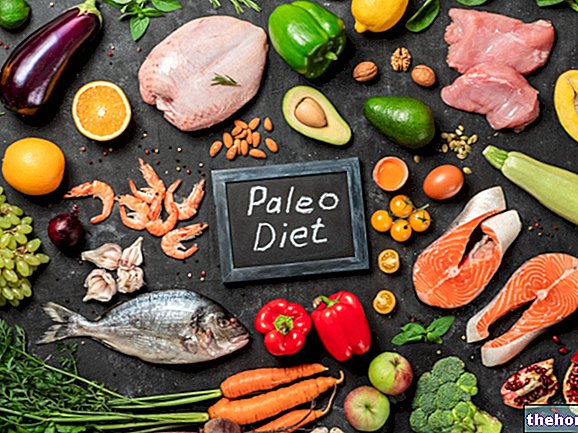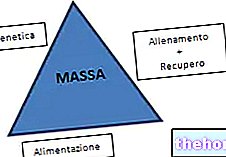Constipation - Causes and Diagnosis
Constipation (or constipation) is a discomfort that affects the mechanism of defecation. It is a symptom and not a real pathology, as constipation is often secondary to:
- anatomical - functional alterations of the intestine (hemorrhoids, fissures, diverticulosis / diverticulitis, rectocele, Crohn's disease, colitis, irritable bowel syndrome, etc.),
- other endocrine or metabolic diseases,
- pregnancy (see constipation in pregnancy)
- incorrect lifestyle and / or unbalanced diet (see diet and constipation),
- disorders / discomforts of the psychological sphere
- drug treatments (see drugs that cause constipation) etc.

The diagnosis for constipation requires the recognition of at least 2 out of 5 of the following factors, for a duration of 12 weeks (even non-consecutive), to be evaluated over a period of about one year:
- less than two weekly evacuations;
- difficulty and effort in evacuation;
- hard consistency of faeces or goat faeces (segmented) or ribbon-like faeces (thin and flattened);
- feeling of blockage and / or constipation and / or incomplete evacuation
- need for manual help to complete fecal expulsion.
Constipation is often accompanied by short temper and asthenia, significantly compromising the quality of life of those who suffer from it.
Most of the time, constipation is idiopathic (i.e. not related to a disease) and becomes chronic due to: inadequate diet, sedentary lifestyle, pregnancy (uterine dislocation and hormonal profile mutation) and irritable bowel syndrome (disorder not yet well framed). Then, how to intervene to prevent and treat constipation? Simple, with "physical activity and a healthy and correct diet"
Intestinal motility is involuntary (peristalsis), while evacuation is a voluntary act (defecation). In constipation, often, there is an alteration of the colic peristalsis and a mutation of the fecal expulsion process.




























